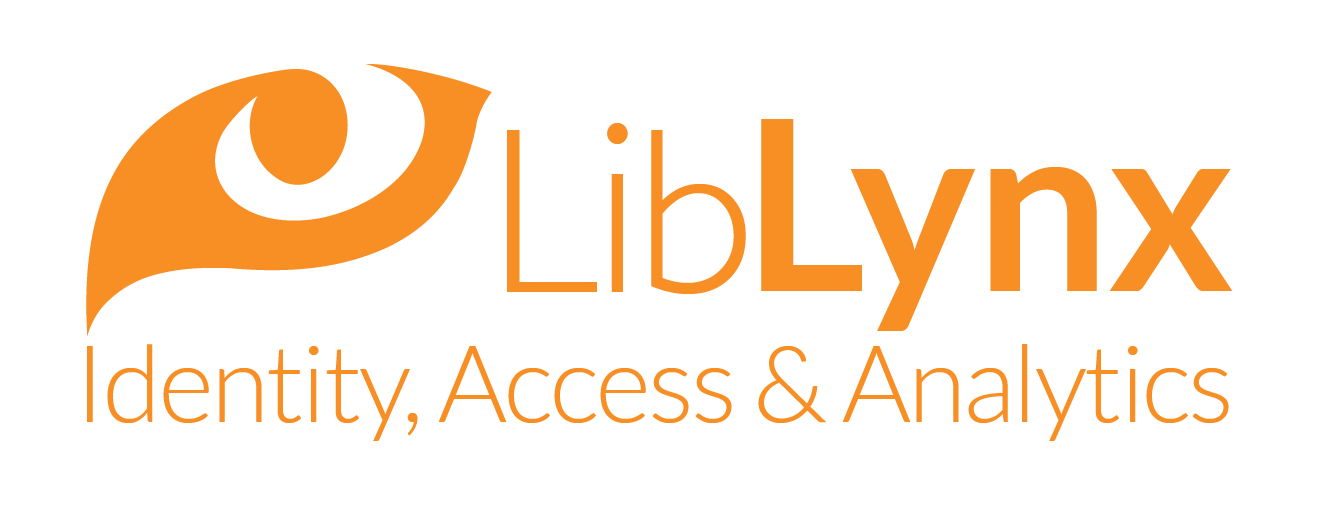Digital Object Identifiers (DOIs) are one of the key persistent identifiers used in scholarly publishing. They serve as a direct and persistent link to journal articles, books, book chapters, and other types of scholarly content.
Libraries use DOIs in catalogs, discovery layers, and resource portals to reduce friction for their end users when accessing content, or because the DOI is the URL provided by the publisher to use for linking. DOIs are particularly valuable to researchers because they resolve directly to a piece of content without needing to search a publisher platform first.
However, DOIs don’t always work smoothly with library-based authentication tools, like WAYFless URLs. A WAYFless URL is a resource link that includes a custom parameter to tell the publisher platform which organization the user is coming from. The publishing platform can then automatically redirect that user to a page where they can login to view that resource using their existing organizational credentials (federated authentication). For example, a user clicking on a resource link from University X is automatically redirected to University X’s login page, where they enter their credentials and are authenticated, before being forwarded on to the publisher resource they were trying to access.
When a library uses a DOI for content, the WAYFless links will redirect to DOI.org rather than to the publisher platform. But, unlike a publisher platform, DOI.org does not know how to parse the parameter information and therefore users are not automatically sent to their organisational login page. And, without authenticating properly, they are blocked from using library-purchased content.
LibLynx has developed a solution to remove this access barrier. Our WAYFless URL handler will now detect if the content is linked with a DOI. It will discover the publisher resource URL used for authentication, and redirect the user directly to the publisher platform as an authenticated user.
This authentication solution is the best of both worlds: It encourages use of DOIs for direct content linking, while also providing the end user with accurate and seamless access to a publisher platform.
Contact us if you’d like to learn more about simplifying your access experience.


